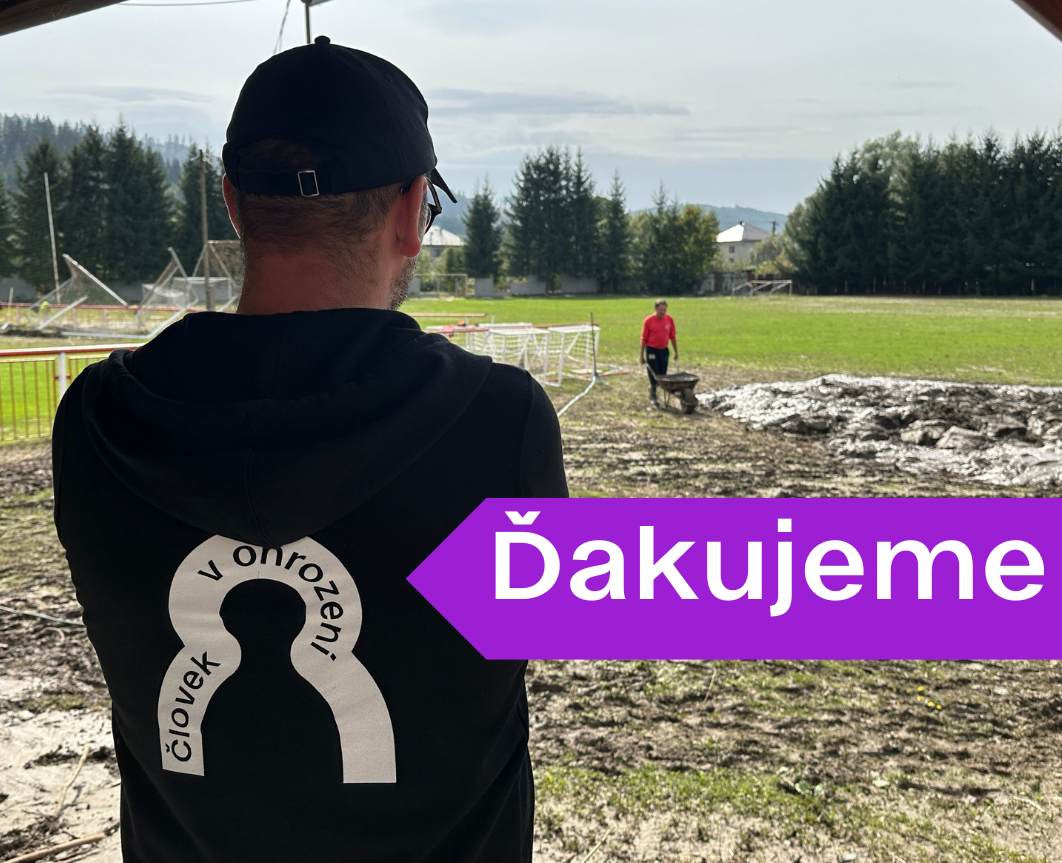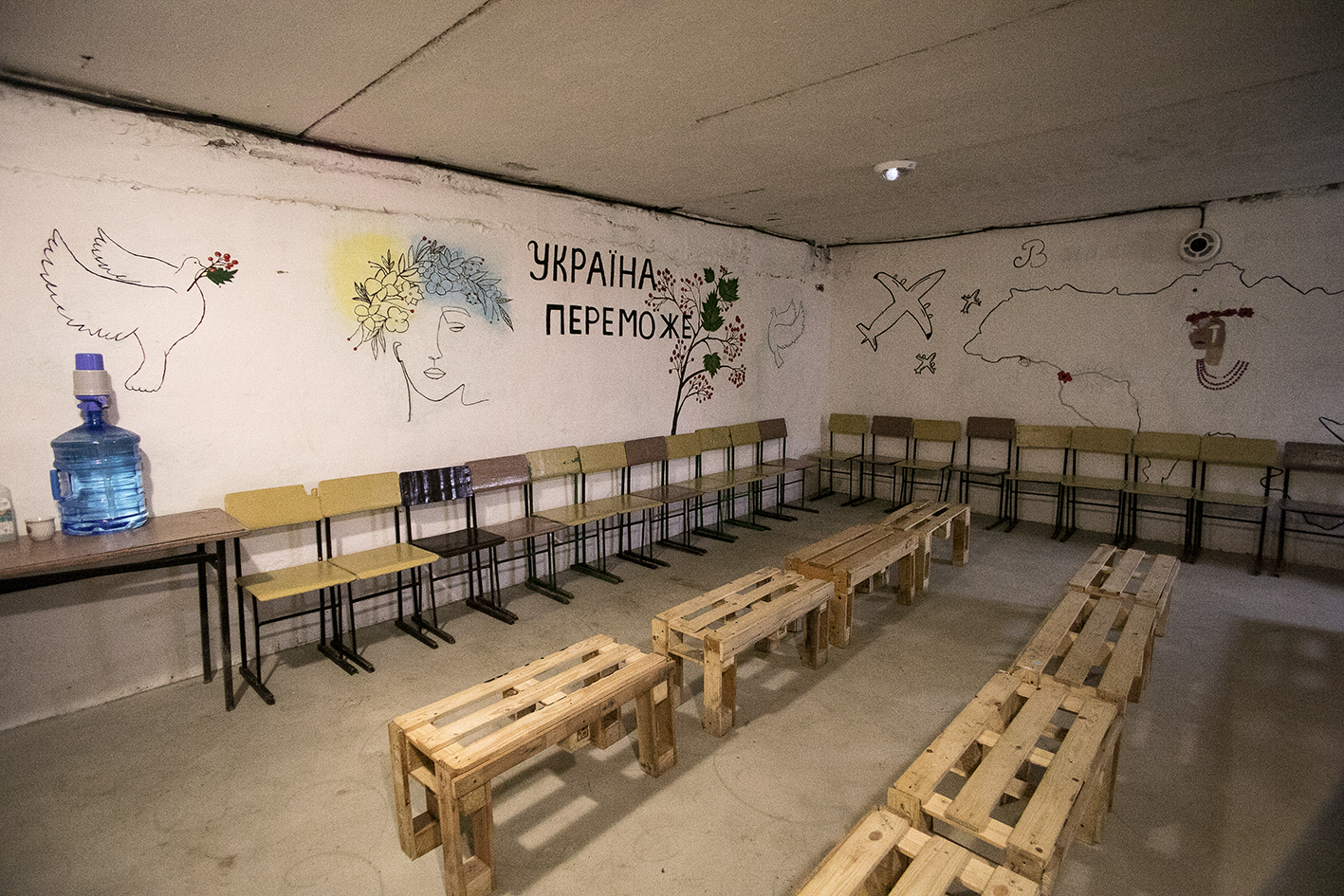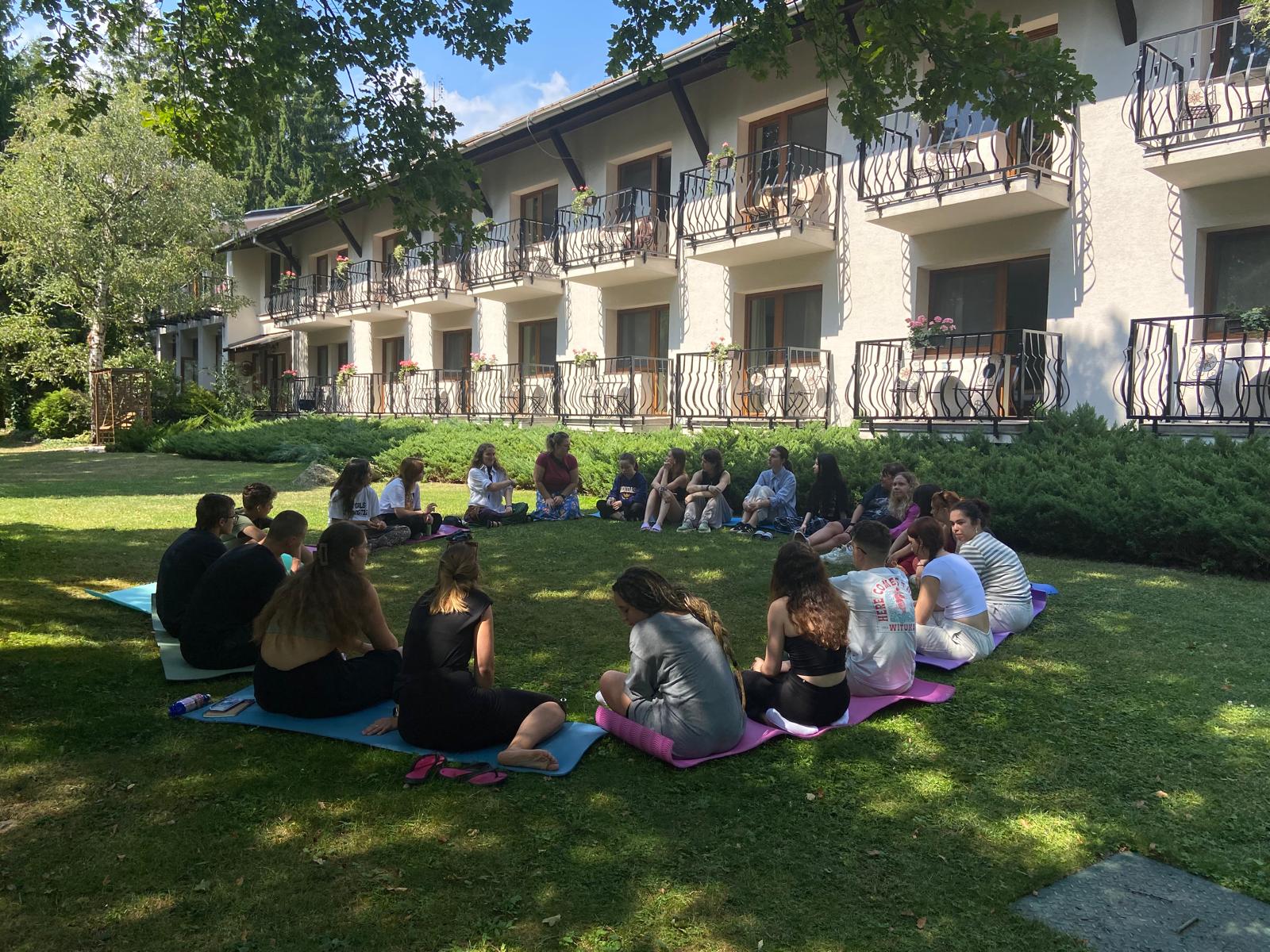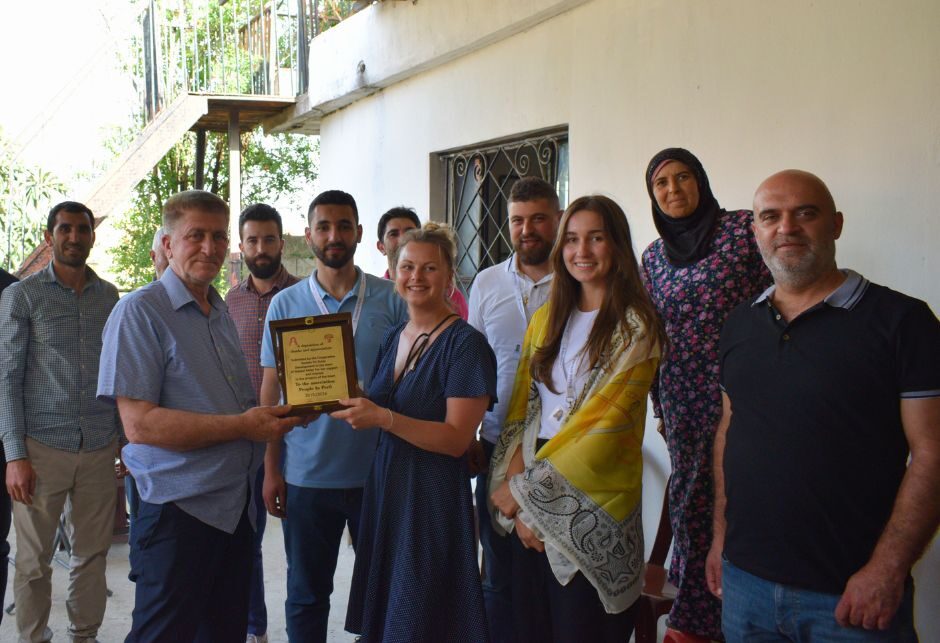How did we help independent media in Moldova?
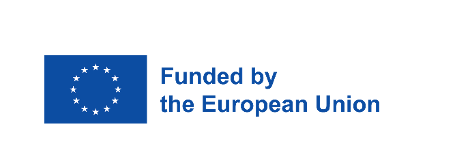
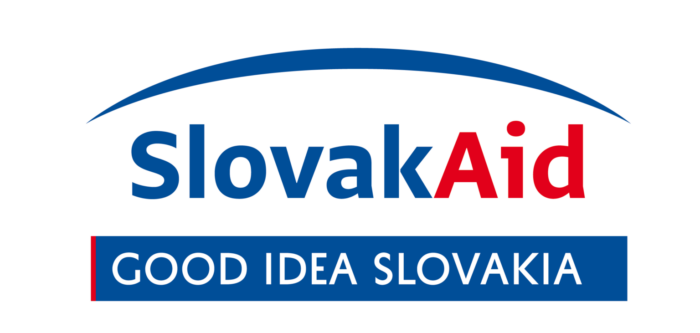

We connected them with experts from the world of journalism and business and showed them the tools and know-how to make their content better and reach a wider audience.
Moldova is one of the poorest countries in Europe. As a result of the war in Ukraine and the influx of refugees, it faces many socio-economic problems. We have been helping in Moldova since 2008 and have already managed to implement 12 projects there. On the last day of January, we finished our next project*, which was improving the situation of independent regional media there. They can hardly survive without external support, but they are extremely important for strengthening civil society in the country.
The media in Moldova are transforming and the help they are receiving to adapt to the new environment is helping them to survive in the future. That is why their support is so vital for a democratic country.
Says one of the mentors for Moldovan media**
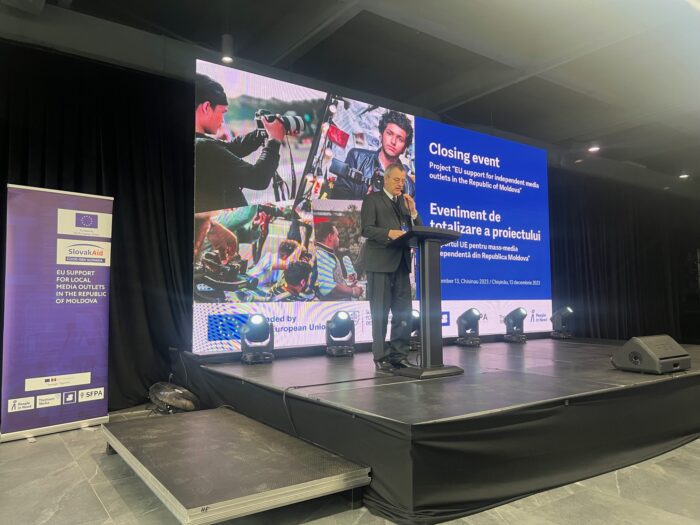
As part of the project, we made several monitoring trips and visited media and start-ups, which we supported with small grants. Thanks to our partners, we have provided Moldovan journalists with training, mentoring and consultations with recognized capacities in the field of journalism and entrepreneurship. It is important to mention that all project activities were tailored to the needs of the male and female participants. For example, this resulted in an increase in traffic to the websites of not only start-up but also established media outlets, growth in followers and social media views.
Thanks to the project, we have increased our social media and YouTube following. It is our most successful grant project in recent years.
says a representative of one of the media involved.
The project involved a total of 24 mentors, 30 experts and 15 start-up and established media from different Moldovan regions, all of which received support for their strategic priorities, such as content creation or business development, as well as investment in a specific innovative product, service or solution.
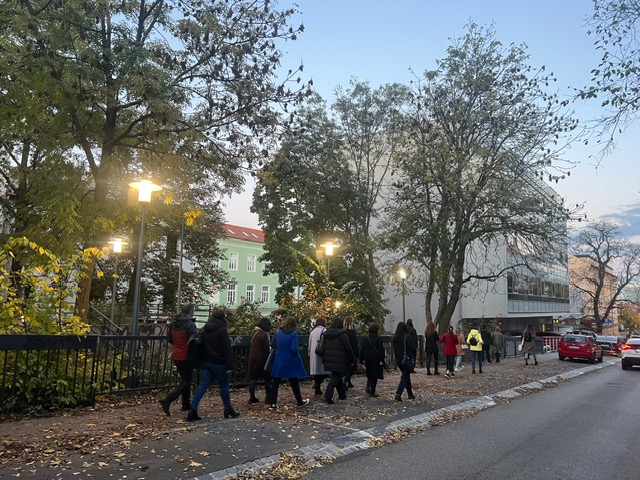
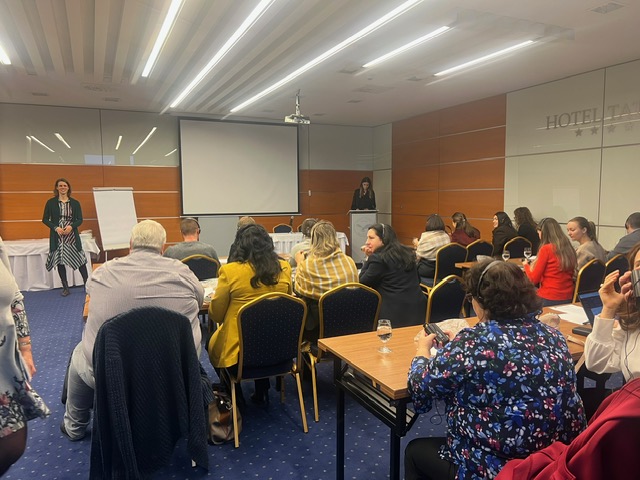
Mentoring proved to be particularly successful in the project, with various experts advising media outlets on how to improve the quality and appeal of their content, as well as how they can improve technical support and development of online platforms. And it really worked in practice. Thanks to the grant money, the participating media were able to acquire technical equipment that improved the quality of their broadcasts, live broadcasts, as well as articles or public events.
What was happening behind closed doors?
In early July 2023, the project held a two-day training session in Chisinau. Its aim was to bring together all project participants, to offer them a space for networking and exchange of know-how. They were also able to learn and learn something interesting from international and local trainers who gave lectures on legal protection of journalists, media management in times of crisis, digital security or social networks. The choice of topics again reflected the needs of the participating media.
A closed-door discussion with a representative of the Centre for Independent Journalism was also very stimulating, during which participants shared their current problems, constraints and needs. This information will be important for donors and stakeholders working in the media sector to get an idea of the most pressing problems facing the Moldovan media and to help them improve working conditions for local journalists.
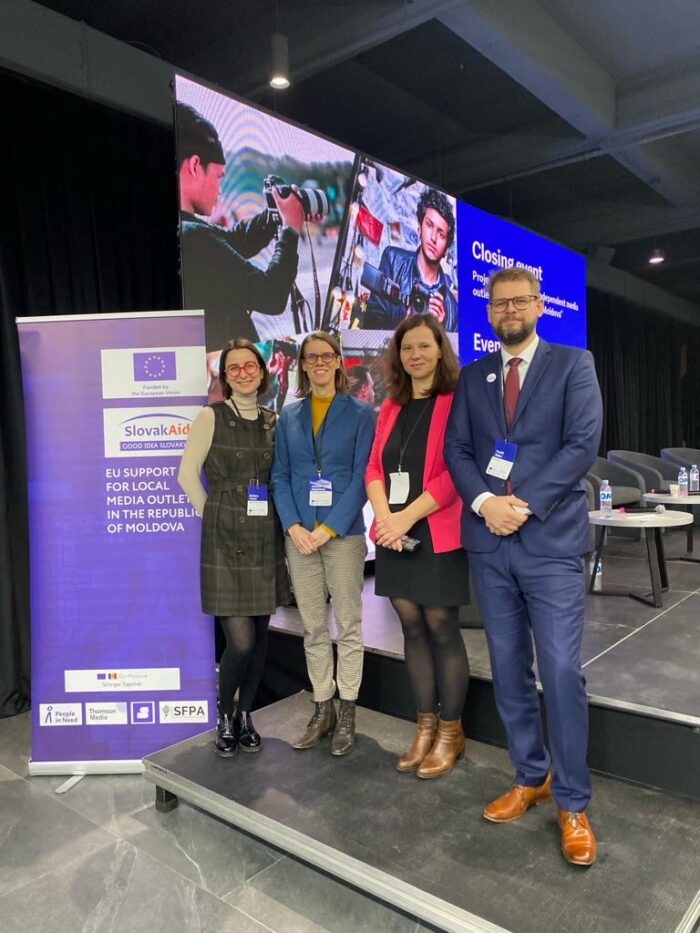
How about hoaxes and disinformation?
Just as successful as the training in Chisinau was also the study visit organized by our partner SFPA (Research Centre of the Slovak Society for Foreign Policy, n.o.) in coordination with us in the beginning of November. It was attended by a group of Moldovan journalists and they met with important representatives of the Slovak media scene and journalism. We also took them to the One World festival, where, among other things, an innovative film about Moldova’s opening up to Europe, Love is not an orange, was screened, and to the World Between the Lines journalism festival at Comenius University. The visit also included a workshop on hoaxes and disinformation, as this topic is increasingly important in the Moldovan context. Journalists from Moldova enjoyed the visit to Bratislava and the events very much, as evidenced by the fact that they initiated an extra online event with Slovak experts on the proper use of the TikTok platform, as well as on the use of artificial intelligence in journalistic practice.
We closed the project with a closing event attended by the media, the donor, the implementers and other stakeholders of the media world in Moldova. We can confidently say that the project has not only met, but even exceeded its planned objectives and we believe that, perhaps thanks to it, the media situation in Moldova will improve. We were happy to pass on valuable information and experience to the participants, which will help them in building a democratic society.
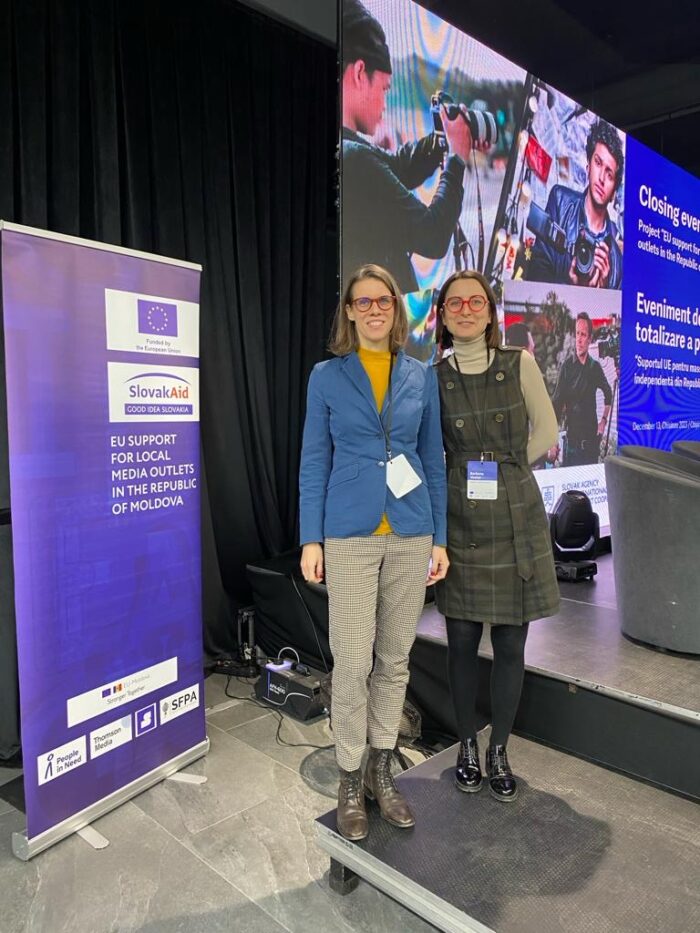
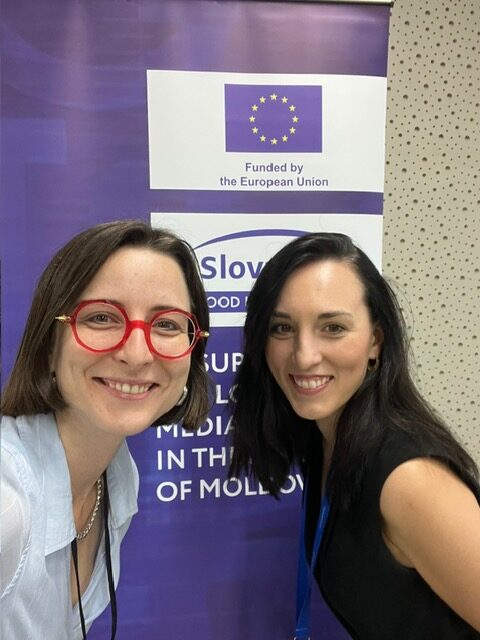
And finally some impressions of the project manager Barbora Vester:
I am convinced that the success of this project is based on the humanity that we have emphasized. Humanity and a human approach among the project partners, but also towards the journalists from Moldova and the international experts, was key. And although this project is important for the development of the local society and political situation, for me personally it was touching that we achieved its success with respect for the people involved.
* The project was funded by the European Union and the Delegation of the European Union to the Republic of Moldova, in close cooperation with SlovakAid as well as several international and local organisations.
**Given the situation in the country, the project participants did not wish to be named.


